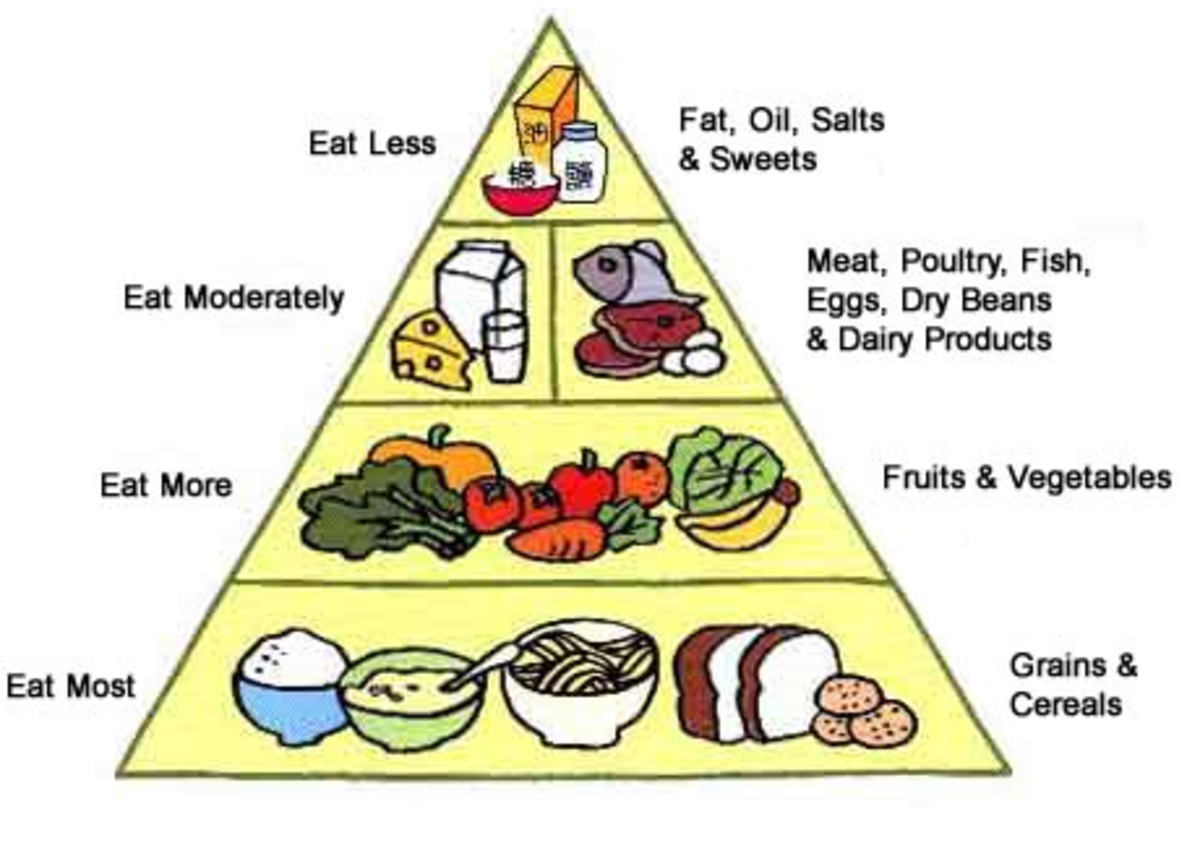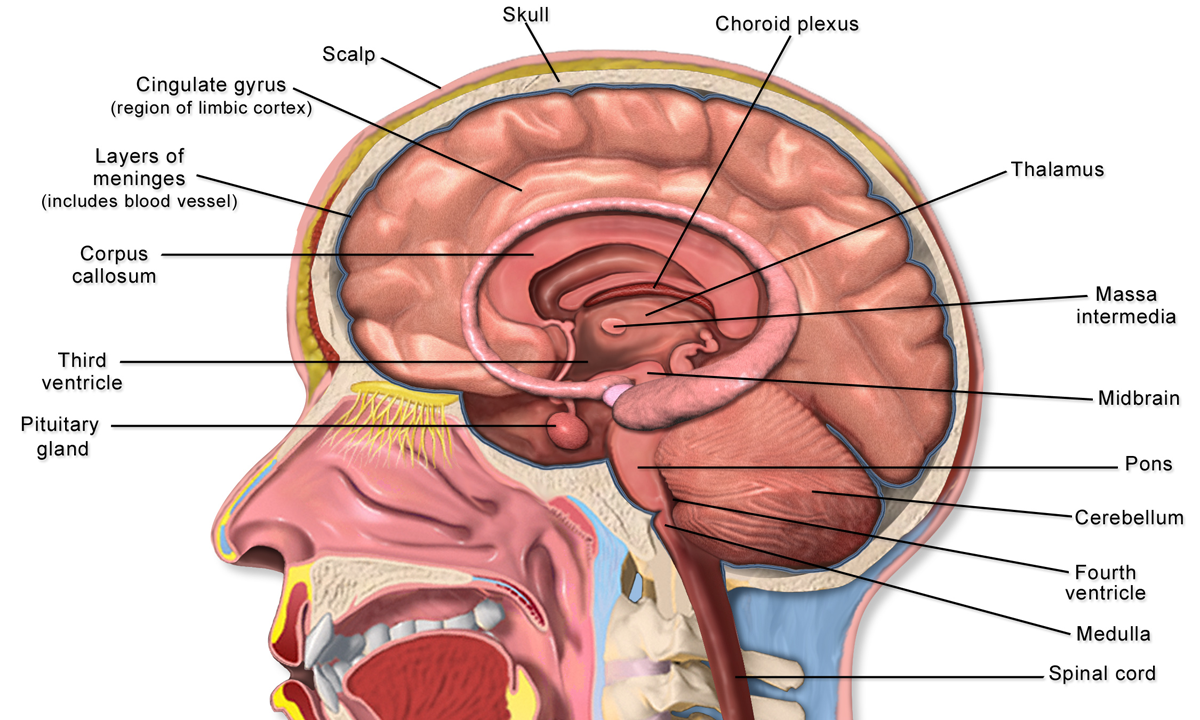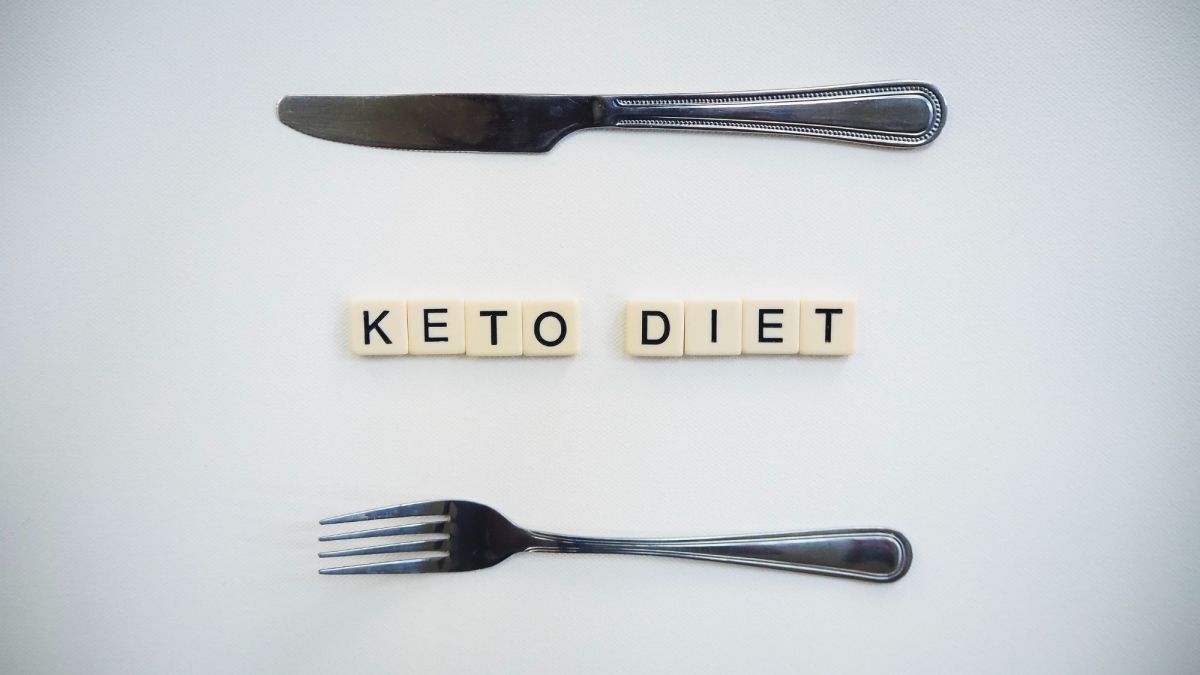Keto and Cholesterol: Separating Fact from Fiction
What is Ketogenic Diet?
Diets that are low calorie and high fat are usually called Ketogenic diets. You may have heard this as Keto, or even Paleo (short for Paleolithic). It seems like a trend, but there seem to be some scientific studies that show that ketogenic diets are healthy, regardless of the rumors that one may hear regarding them.
How do Ketogenic Diets Work?
These low carbohydrate and high-fat diets allow twenty percent or less of energy to come from carbohydrates. Fifty percent of energy can come from fat, and the protein amount varies. (Hession, 2009) Extreme low carb and high-fat diets have less than five percent of carbohydrates. These ketogenic diets point to ketosis at the moment that the liver oxidizes large collections of non-esterified fatty acids into ketones. These ketones include three-Hydroxybutyrate, acetoacetate, and even acetone". (Paoli, 2015) Even though the brain favors glucose as the principal energy reservoir, it may metabolize ketones as ammunition and fuel for long stretches of time throughout starvation and hypoglycemia. Muscles and other organs also may oxidize ketones as another origin of energy when carbohydrate supply is insufficient. Protein is essential to guarantee the preservation of muscle mass, gluconeogenesis, and fat oxidation when eating low carbohydrate and high-fat diets. (Phinney, 2004) After a few days of before-mentioned diets, glucose reserves (like glycogen saved in the liver and within the skeletal muscles) grow inadequate to render the body's energy needs. This commences to the generation of ketones by the liver, which will then be utilized as the other energy source, prominently by the CNS, or central nervous system. (Owen, 1967)
Are High-Fat Diets Bad for You?
Consider this a newsflash: "Fat people" are NOT fat. They HAVE extra fat tissue, but they are NOT fat. People think that overweight or obese people became that way by overeating fat. People believe that fat is this horrible, terrible, disgusting thing that should be avoided. Did you know that the brain is mostly made up of fat? Did you know that low-fat diets are increasing brain related cognitive issues in children and adults? Higher intakes of polyunsaturated fatty acids and higher polyunsaturated fatty acids to SFA ratios are correlated with increased memory function (even in children) and a lessened risk of memory impairment. More specifically, more significant intakes of omega-3 polyunsaturated fatty acids compared to omega-6 polyunsaturated fatty acids have been associated with a lowered chance of cognitive decline and Alzheimer’s disease. These studies designate that the quality and type of fat may influence cognition more than the total overall intake of fat. (Beilharz, 2015) The same paper goes on to mention that high amounts of carbohydrates (like simple sugars) are associated with lessened and inhibited cognitive function. Lower amounts of essential fats, among other minerals, have been associated with children who have ADHD. Lessened levels of copper, zinc, iron, omega-3 fatty acids and magnesium have been described in children that have been diagnosed with ADHD. Products like sugar, artificial coloring of foods, and preservatives are linked with to a heightened risk of ADHD. (Woo, 2014).
Ketogenic Diets and High Cholesterol
Cholesterol is a myth. I am sorry, or pleased, to disappoint. We think cholesterol is some terrible by-product of eating fatty foods and meat because Brown and Goldstein won a Nobel Prize for supposedly discovering a defective gene that causes high cholesterol. They, unfortunately, misread the results of the studied and failed to notice that the arterial wall damage did not happen due to high levels of cholesterol in the blood. Arterial disease transpired due to a deficiency of efficient receptors for low-density lipoprotein cholesterol. Consequently, "cells will be incapable of using this element appropriately for the production of usually flexible arterial cell walls, which then results in in expedited arteriosclerosis. Eating cholesterol is safe, shown by its incompetence in producing or creating vascular accidents in laboratory animals. Avoiding it, however, creates human malnutrition from the significant lack of fat-soluble vitamins, especially the ever-important vitamin D." (Adams, 2011). Cholesterol was helpful, as it was a component in the cell walls that helped to modulate their "heir fluidity, conferring flexibility and hence resistance to damage from the ordinary hydrodynamic blood forces." (Adams, 2011)
Low Carbohydrates and High Fat Diets Are Beneficial
Many investigations have confirmed that employing a low carbohydrate and high-fat diet over several months or various years does not point to metabolic irregularities or critical antagonistic effects, as long as it satisfies adequate energy and satisfactory amounts of protein. Opposite to the traditional notions that diets high in fat would increase the risk for obesity, cardiovascular disease, and diabetes, several analysis and reviews show that long-term low carbohydrate and high-fat diets diminish these metabolic risk factors. (Bueno, 2013) Ultimately, long-term low carbohydrate and high-fat diets appear to be safe and can even improve chronic disease in many individuals. It seems to be a promising way to control weight and fat mass as long as the person losing weight is engaged in high-intensity activities as part of their weight loss or maintenance plan. It may take various months for the body to adjust to low carbohydrate and high-fat diet. During this time, the body will start to experience metabolic changes and even the restoration of muscle glycogen. Low carb and high-fat diet were able to improve levels of cognition, motor abilities and levels of perceptual after one to two years. (Brinkworth, 2009) A recent animal study also suggested that ketone bodies may protect against obesity-induced cognitive impairment. (Davidson, 2013) Low carbohydrate and high-fat diets can reduce fat mass and body weight. A study showed that after four weeks of a low carbohydrate and high-fat diet, body weight and fat mass were very much reduced in well-trained off-road cyclists. (Zajac, 2014) Notwithstanding performance reductions and some negative occurrences, after the ketones studies and experiments, athletes were intent to proceed with an adjusted low-carbohydrate high-fat eating method from now on due to the surprising health benefits they encountered. (Zinn, 2017)
Ketogenic References
Adams, D. (2011) The great cholesterol myth; unfortunate consequences of Brown and Goldstein's mistake. QJM. 2011 Oct;104(10):867-70. doi: 10.1093/qjmed/hcr087. Epub 2011 Jun 20.
Beilharz, J. E., Maniam, J., & Morris, M. J. (2015). Diet-Induced Cognitive Deficits: The Role of Fat and Sugar, Potential Mechanisms, and Nutritional Interventions. Nutrients, 7(8), 6719–6738. http://doi.org/10.3390/nu7085307
Brinkworth GD, Buckley JD, Noakes M, Clifton PM, Wilson CJ. Long-term effects of a very low-carbohydrate diet and a low-fat diet on mood and cognitive function. Arch Intern Med. 2009a;169:1873–1880.
Bueno NB, de Melo ISV, de Oliveira SL, da Rocha Ataide T. Very-low-carbohydrate ketogenic diet v. low-fat diet for long-term weight loss: a meta-analysis of randomized controlled trials. Br J Nutr. 2013;110:1178–1187
Davidson TL, Hargrave SL, Swithers SE, Sample CH, Fu X, Kinzig KP, Zheng W.. Inter-relationships among diet, obesity and hippocampal-dependent cognitive function. Neuroscience. 2013;253:110–122.
Hession M, Rolland C, Kulkarni U, Wise A, Broom J.. Systematic review of randomized controlled trials of low-carbohydrate vs. low-fat/low-calorie diets in the management of obesity and its comorbidities. Obes Rev. 2009;10:36–50.
Owen O.E., Morgan A.P., Kemp H.G., Sullivan J.M., Herrera M.G., Cahill G.F. Brain metabolism during fasting. J. Clin. Invest. 1967;46:1589–1595. doi: 10.1172/JCI105650.
Paoli A, Bianco A, Grimaldi KA... The ketogenic diet and sport: a possible marriage? Exerc Sport Sci Rev. 2015; 43:153–162.
Phinney SD... Ketogenic diets and physical performance. Nutr Metab (Lond) 2004;1:2.
Woo, H. D., Kim, D. W., Hong, Y.-S., Kim, Y.-M., Seo, J.-H., Choe, B. M., … Kim, J. (2014). Dietary Patterns in Children with Attention Deficit/Hyperactivity Disorder (ADHD). Nutrients, 6(4), 1539–1553. http://doi.org/10.3390/nu6041539
Zajac A, Poprzecki S, Maszczyk A, Czuba M, Michalczyk M, Zydek G.. The effects of a ketogenic diet on exercise metabolism and physical performance in off-road cyclists. Nutrients. 2014;6:2493–2508.
Zinn, C., Wood, M., Williden, M., Chatterton, S., & Maunder, E. (2017). Ketogenic diet benefits body composition and well-being but not performance in a pilot case study of New Zealand endurance athletes. Journal of the International Society of Sports Nutrition, 14, 22. http://doi.org/10.1186/s12970-017-0180-0
© 2018 Charlotte Doyle








